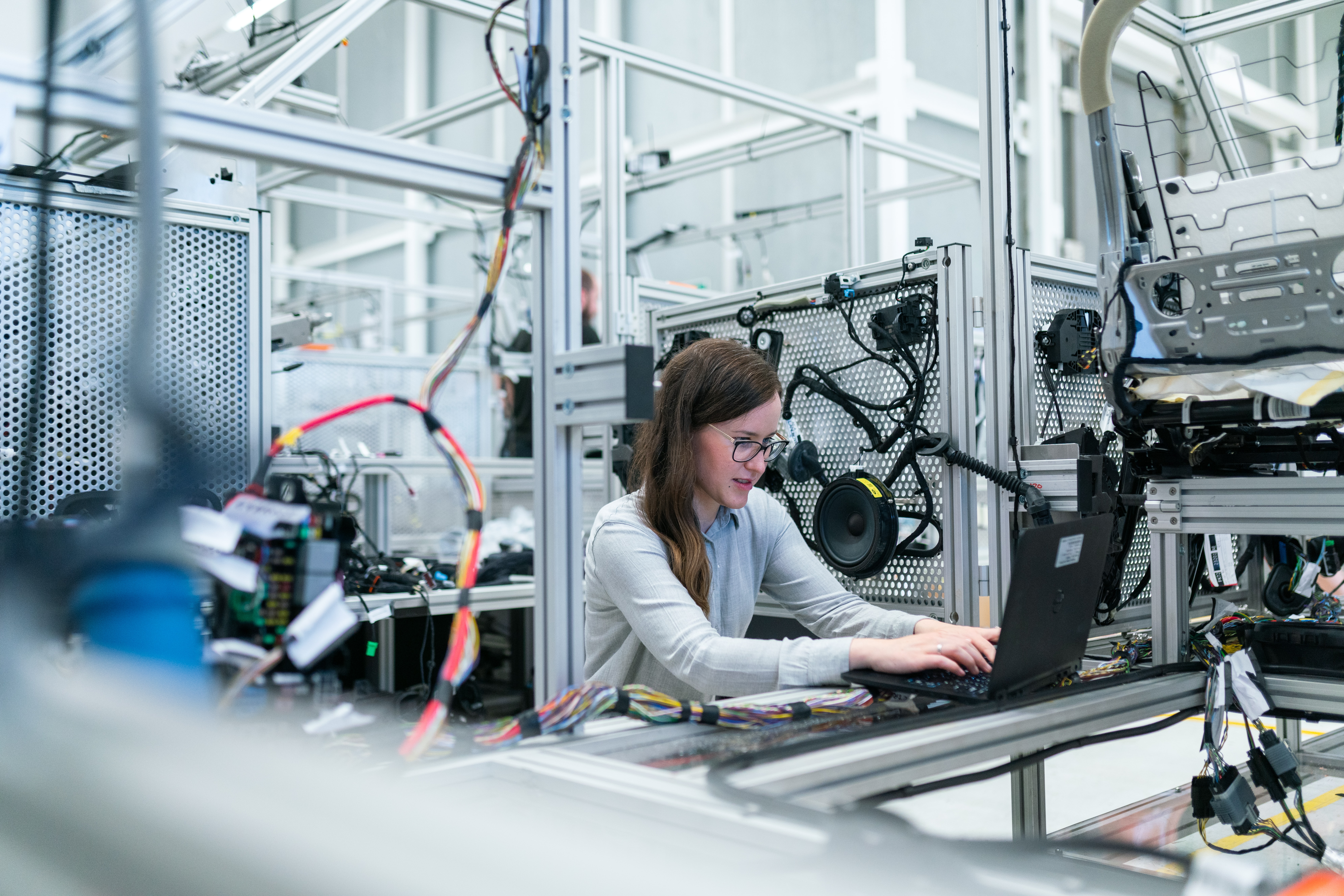
The Global Talent Independent program was announced in 2018 and is designed to attract skilled migrants at the top of their profession to Australia.
Previously the planning level was 5,000 places - this has been increased to 15,000 for both the 2020-2021 and 2021-2022 program years. In addition to the increase in places for this program, applicants receive priority processing and direct permanent residence.
The target sectors for this program are:
- Resources
- Agri-food and AgTech
- Energy
- Health Industries
- Defence, Advanced Manufacturing and Space
- Circular Economy
- DigiTech
- Infrastructure and Tourism
- Financial Services and FinTech
- Education
While the Global Talent Visa Program provides priority processing to those invited to apply, there are currently significant delays due to the COVID-19 impact. The Department is prioritising applicants whose talents will assist Australia during the COVID-19 pandemic and through the economic recovery.
The 10 target sections for this program are:
The 10 target sections for this program are:
DigiTech - This includes (but is not limited to) quantum computing, cyber sciences, AI, blockchain, IOT, VR/AR, big data, disruptive tech, smart cities, machine learning, network engineering and cloud computing. Other areas of electronics, computing and telecommunications can be considered. Additional areas could include cyber security - prevention - products and services for supporting cyber security by discovery and understanding of threats, vulnerabilities and opportunities; detection - products and services for detecting and assessing intrusions and breaches; and response - products and services that help recover systems/data following a breach. Other areas could include data management and analysis, robotics, advanced mathematics and statistics, and start-ups and entrepreneurs in the industry. Examples of relevant skill sets include automation, big data, block-chain technology, cloud computing, disruptive technologies, data analysis and architecture, data and research infrastructure, front-end development, internet of things (IoT), machine learning engineering, network engineer/architect, quantum information and computing, software and product development, systems integration, smart cities and tech, and 3d printing.
Circular Economy - This includes (but is not limited to) bioenergy, sustainable production, recycling, waste treatment, waste to energy tech, emissions tech and responsible manufacturing.
Health - This includes (but is not limited to) medical and biomedical technology, pharmaceutical and vaccine R&D, health, IT biochemistry, digital health, implantable and wearable devices and genomics. Areas of interest include the application of technology to research or medical practices, with a focus on making medicines or medical devices more effective, accessible and affordable through new technology, knowledge and techniques. The industry includes digital health, medical technologies and pharmaceuticals, improving management and workforce skills, and Australia’s response to a health crisis including COVID-19. Examples of relevant skill sets include adaptive clinical trials, immunology, precision medicine, antimicrobial resistance, biochemistry, biomedical engineering, biotechnology, regenerative medicine, bionic devices, implantables, medical biotechnology, nanotechnology, point of care diagnostics and wearable devices (eg. prosthetics).
Agri-food and Agriculture Technology (AgTech) - the application of technology to agriculture and food production including (but not limited) areas such as seed technology, nanomaterials, biofuels, supply chain and packaging, AgTech and food and beverage technology. This includes intersection of technology and traditional agriculture (includes horticulture and aquaculture) at all stages of the food supply chain - including production, supply, demand and distribution. The industry creates value across the food supply chain in the following areas and considers agronomic productivity and efficiency, farm operations and logistics, financial planning, analysis and business management. Examples of relevant skill sets include future proteins for human or animal consumption, food technology, packaging technology, big data analytics, automation, robotics, drones, sensor integration with farm machinery, precision measurement, gene editing, nanomaterials and synthetic biology, wearables including trackers for animal management, irrigation and weather.
Energy and mining - the development and improvement of energy and mining technologies including (but not limited to) areas such as clean energy, resource robotics, computational metallurgy, geostatistics, circular economy, benefication and battery/energy storage. These are two competitive strengths and strategic priorities for Australia. The industry includes mining equipment, Technology and Services (METS), and the energy resources sector - exploration, development and extraction of energy and fuels from oil, gas, coal and uranium. Examples of relevant skill sets include hydrogen technologies, net zero emissions transition support, clean technologies/renewables/hybrids, automation and robotics, advanced visualisation technologies eg. sensors, artificial intelligence and machine learning technologies, and beneficial technologies (improving the economic value of ore etc).
Resources - this includes (but is not limited to) areas such as engineering, geology, metallurgy, waste management, energy saving tech, extraction and processing.
Financial Services and Financial Technology (FinTech) - the application of technology to finance, with a focus on enhancing financial services through new technology including (but not limited to) areas such as neobanking, payment systems, wealth and regtech, block chain and micro-savings. The industry includes new entrants into financial services using technology as a core part of their business model, innovation throughout the financial sector, and opportunities for FinTech startups and established financial services firms. Examples of relevant skill sets include block-chain technologies, platform banking and payments, next generation lending/investment/wealth management, insurance, micro-savings, automated and predictive financial advice, compliance and ‘regtech’.
Medical Technology (MedTech) - the application of technology to research or medical practices, with a focus on making medicines or medical devices more effective, accessible and affordable through new technology, knowledge and techniques. The industry includes digital health, medical technologies and pharmaceuticals, improving management and workforce skills, and Australia’s response to a health crisis including COVID-19. Examples of relevant skill sets include adaptive clinical trials, immunology, precision medicine, antimicrobial resistance, biochemistry, biomedical engineering, biotechnology, regenerative medicine, bionic devices, implantables, medical biotechnology, nanotechnology, point of care diagnostics and wearable devices (eg. prosthetics).
Quantum technologies, advanced digital, data science and ICT - the focus is building capability in these areas. The industry includes data management and analysis, artificial intelligence (AI) and machine learning, robotics, advanced mathematics and statistics, and start-ups and entrepreneurs in the industry. Examples of relevant skill sets include automation, big data, block-chain technology, cloud computing, disruptive technologies, data analysis and architecture, data and research infrastructure, front-end development, internet of things (IoT), machine learning engineering, network engineer/architect, quantum information and computing, software and product development, systems integration, smart cities and tech, and 3d printing.
Defense, Space and Advanced Manufacturing - these sectors are undergoing significant global transformation and are important parts of the economy, now and into the future. They are related as they share many similar opportunities and challenges. The industries include space technology and manufacturing involving a highly skilled and innovative workforce, and advanced manufacturing across the entire value chain of manufacturing including research, design, logistics, and after-sales service of manufacturing products. Examples of relevant skill sets include digital design, rapid prototyping, sustainable manufacturing, additive manufacturing, next generation materials, biological integration, nano-manufacturing and micro-manufacturing, precision manufacturing, digitisation and automation, geo-location, aerospace technology, monitoring the quality of our water resources from space, and ending plastic waste.
Applicants are required to have a high level of achievement in one of the above 10 target sectors. This can be demonstrated through professional experience, startups, industry achievements, research and academic qualifications.
Contact us to discuss, review eligibility or just have a chat to understand more about the visas.
